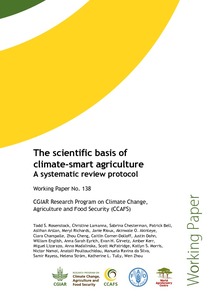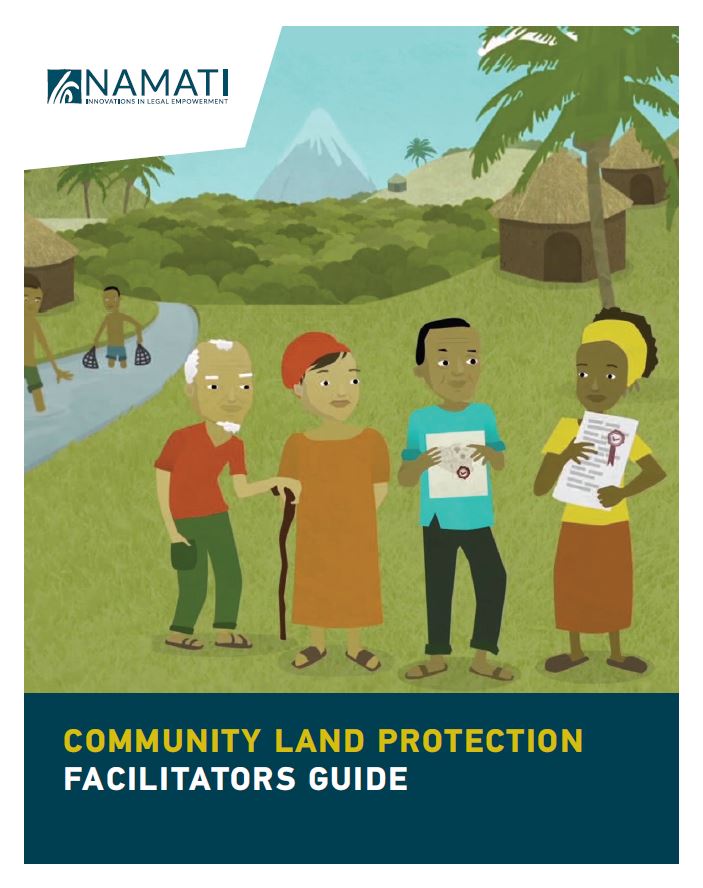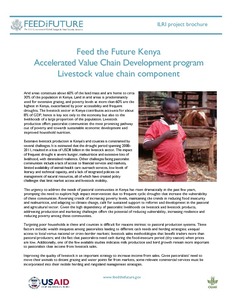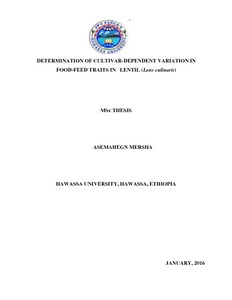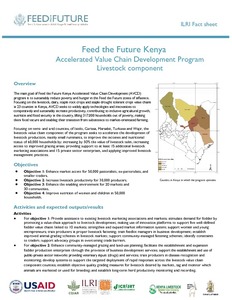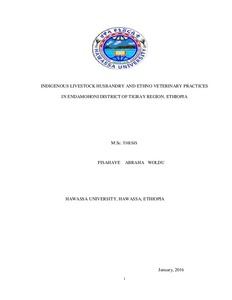The scientific basis of climate-smart agriculture: A systematic review protocol
Background: ‘Climate-smart agriculture’ (CSA)—agriculture and food systems that
sustainably increase food production, improve resilience (or adaptive capacity) of farming
systems, and mitigate climate change when possible—has quickly been integrated into the
global development agenda. However, the empirical evidence base for CSA has not been

